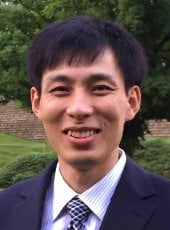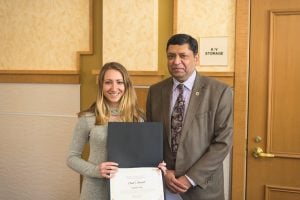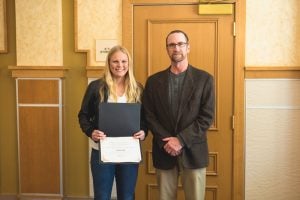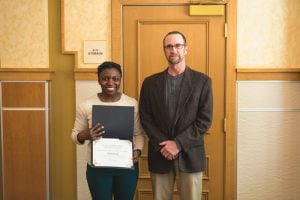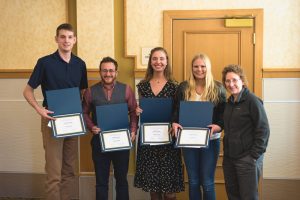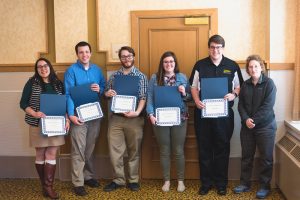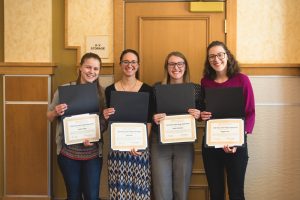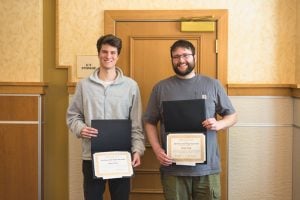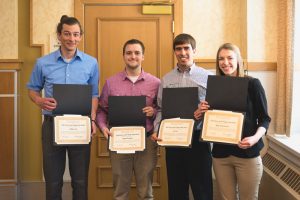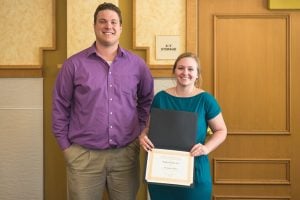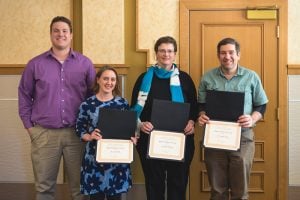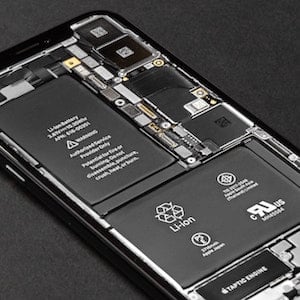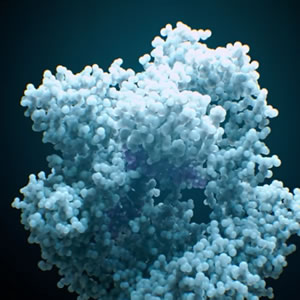 Human Nature
Human Nature
Thurs., 10/31, 7:30 p.m.
Adam Bolt, 2019
A breakthrough called CRISPR has given us unprecedented control over the basic building blocks of life. It opens the door to curing diseases, reshaping the biosphere, and designing our own children. Human Nature is a provocative exploration of CRISPR’s far-reaching implications, through the eyes of the scientists who discovered it, the families it’s affecting, and the bioengineers who are testing its limits. How will this new power change our relationship with nature? What will it mean for human evolution? To begin to answer these questions we must look back billions of years and peer into an uncertain future.
A panel discussion with Dr. Paul Goetsch, Dr. Caryn Heldt, and Dr. Alexandra Morrison will follow the film.
This film is sponsored by the Department of Biological Sciences and the Health Research Institute.
93 minutes
Researchers discuss ethics of gene editing
HOUGHTON — Within six years, targeted gene editing has gone from a pipe dream to routine.
Targeting changes became easier with the use of CRISPR (Clustered Regularly Interspaced Short Palindromic Repeats). The system, discovered by scientist Francisco Mojica, is used by bacteria, which use genetic strands from viruses to repel future invasions.
Heldt’s lab works on gene therapy, including how to manufacture large amounts of gene therapy drugs at a reasonable price. They focus on viral gene therapies, where viruses are modified to replicate not themselves, but a gene missing in a person. Clinical trials on gene therapy for hemophiliacs have been promising, Heldt said; they lack the Factor 8 gene, which causes blood to clot. After one dose of gene therapy, people who once had to go to the hospital after incidents as minor as running into the side of a table now have enough clotting ability to go only once or twice a year for more serious cuts.
“One of the really amazing things with this particular therapy is they’re only making 10% of the factor 8 a normal person makes,” said Heldt, director of Tech’s Health Research Institute. “So it doesn’t take a lot.”

